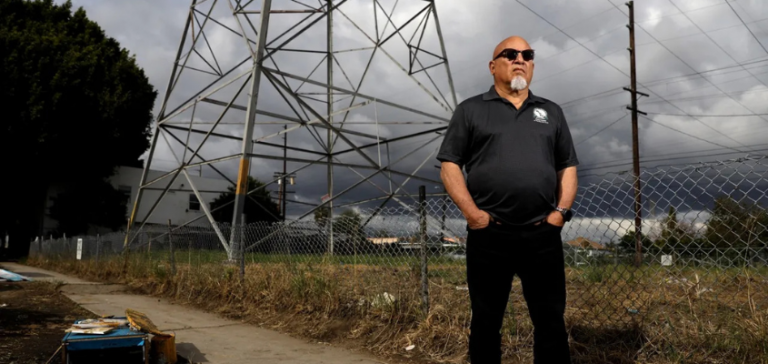From Watts To D.C.: How 500 Black Neighborhoods Vanished In 45 Years
Ignited by a single arrest and fueled by decades of poverty and police brutality, the Watts Uprising of 1965 turned the Los Angeles neighborhood into a national symbol of Black struggle and resilience. Thousands of Black residents like Ted Watkins Sr. rose up in anger and desperation. They were fighting for resources to maintain their neighborhood.
In the aftermath of the rebellion, Watkins founded the Watts Labor Community Action Committee to fight for continued investment in Black residents. Today, his son, Tim Watkins, is stuck in the same battles as president of the organization.















